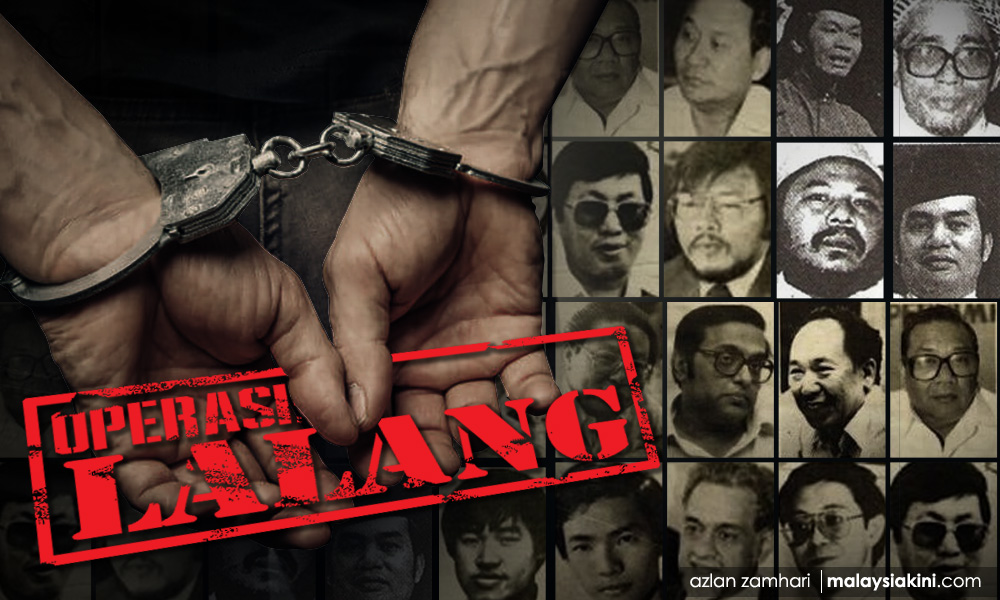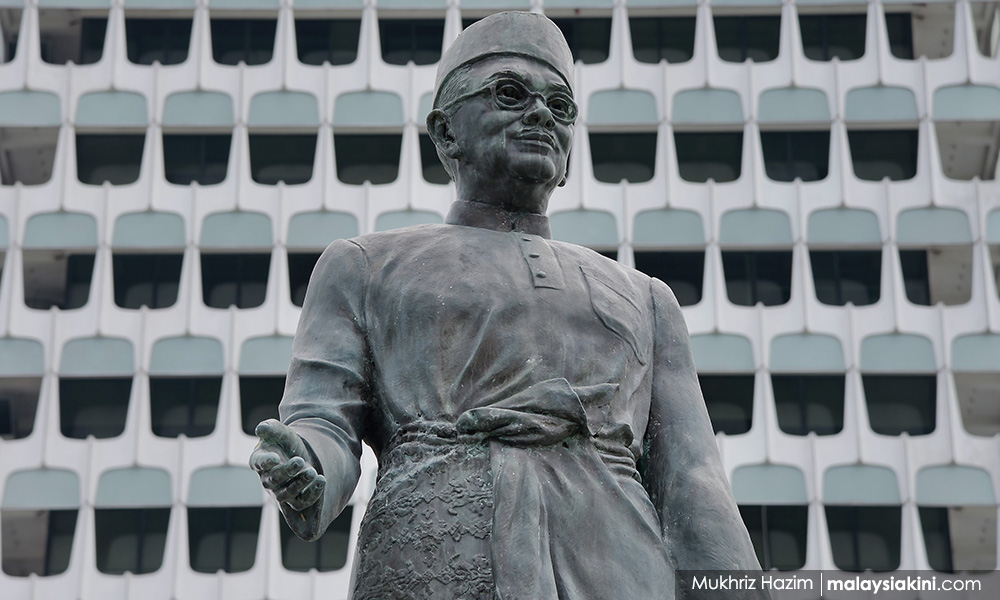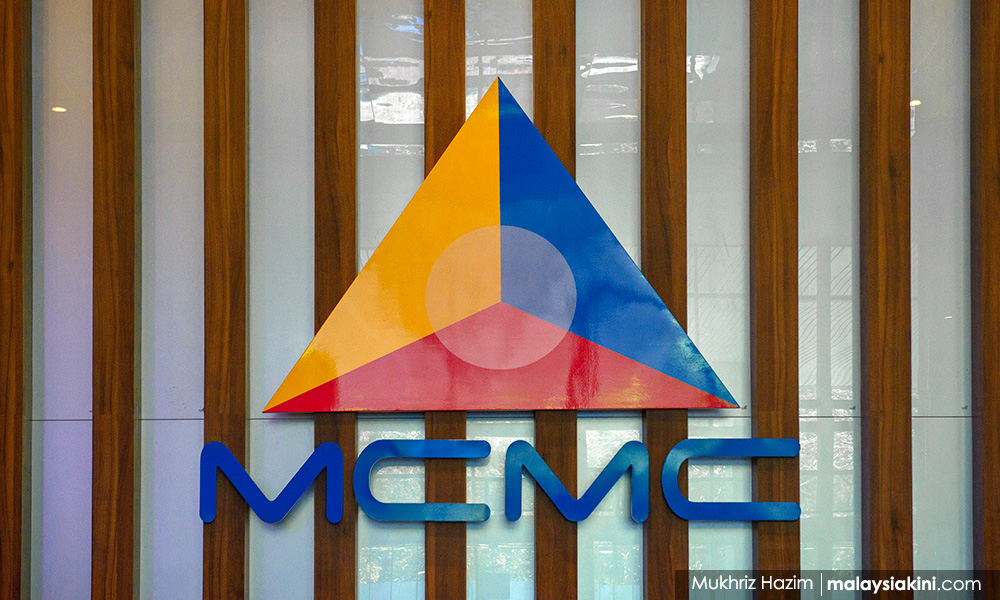Former Malaysian Bar president Ambiga Sreenevasan struck a chord with disenchanted Reformasi supporters when she chastised the government over its latest move to impose new licensing laws for social media operators.
Deservedly a brave heroine due to her boldness in standing up to the government during the Najib Abdul Razak era, she said she never imagined that a Pakatan Harapan-led government would go back on its election promises of reforming archaic laws, including the Printing Presses and Publications Act (PPPA) 1984.
“I never thought I would see the day when a Harapan-led government which ran on the platform of fighting for the abolishment of the PPPA would instead, keep it and impose new licensing laws.
“UG (unity government) we can now crown you the most dictatorial government we have ever had. Syabas!” said the former Bersih chairperson.
Hold on a minute.
Now, I say once again that she has more locus standi than almost every one of us. Certainly more than the armchair critic brigade.

Perhaps she is overreacting out of disappointment but surely she seems to have forgotten about Ops Lalang, Reformasi, and a host of other Dr Mahathir Mohamad-era treats if she thinks this is the most dictatorial government we ever had?
Long history of oppression
When I was growing up, we were scared to say a word against the government in public. My father was a reasonably high-ranking civil servant and it was even felt that conversations might be reported and used against you.
There was no participation in politics for students or civil servants, no peaceful assembly, no activist-y T-shirts.
Press freedom was a farce as papers like The Star were shut down just for reporting on Ops Lalang. Opposition politicians were detained for years without trial under the draconian Internal Security Act.
The independence of the judiciary was dealt a crippling blow with Lord President Salleh Abbas and fellow Supreme Court judges being removed by the executive.

Later on, then deputy prime minister Anwar Ibrahim was sacked, beaten up, and jailed.
As far as I can see, those acts under the Mahathir regime were far more dictatorial than anything this administration has done.
I know it’s a low bar and Anwar’s government, particularly Home Minister Saifuddin Nasution Ismail, has consistently failed to deliver progressive reforms.
But the difference is quite stark nonetheless.
To be fair, I don’t want to cherry-pick historical facts. There was certainly precedent in Mahathir’s heavy-handed actions from an earlier era when the revered Tunku Abdul Rahman was prime minister, Abdul Razak Hussein was his deputy, and Dr Ismail Abdul Rahman occupied the role of interior/home minister.
There were numerous detentions of Socialist Front leaders and supporters under ISA, the Utusan Malaya leadership was suppressed and replaced by Umno-friendly editors.
The elected Terengganu state government of 1959, a coalition between PAS and Parti Negara, was toppled through defections.

Eventually, local council elections were done away after the Socialist Front won in Penang and Malacca and the People’s Progressive Party was victorious in Ipoh. Gerrymandering and malapportionment also crept into the picture.
So yes, we have a long history of dictatorial actions in the past, which dwarf whatever the Madani government has done thus far.
Change is incremental
As a member of the media for the last 28 years, I dare say that this is just about the most freedom we have enjoyed. Indeed, I questioned where Reporters without Borders was getting its sources when they kept pointing to Malaysia’s slide in this field.
Maybe it’s disgruntled people with axes to grind or disillusioned activists expecting miracles.
What is clear to me is that if we are to achieve any sort of move towards a progressive society, it will come with incremental steps forward and howls of protests every inch of the way.
In this particular case, the Malaysian Communications and Multimedia Commission (MCMC) said all social media and internet messaging services with more than eight million users in Malaysia must apply for a licence.

According to Deputy Communications Minister Teo Nie Ching, the new measure, to be introduced on Aug 1 and enforced beginning Jan 1 next year, supposedly aims to tackle cybercrime including online fraud, cyberbullying, and sexual crimes against children.
Minister in the Prime Minister’s Department (Law and Institutional Reform) Azalina Othman Said even said that the new legislation to improve digital safety, including provisions for a “kill switch”, will be tabled in Parliament in October.
Meanwhile, Communications Minister Fahmi Fadzil claimed that social media platforms have responded positively to the need for licensing under the new regulatory framework.
At the same time, there are justifiable concerns that social media licensing will be open to abuse and disproportionate actions by the authorities.
I understand the need for wariness, as it is precisely because we have experienced draconian governance in the past that we need to be read to provide a check and balance against any overreaching government.
You may recall that the media themselves reacted critically to a Code of Ethics for the media set by the Information Department earlier this year.
What I am pretty certain of is that, as things stand, the government we have is not the most dictatorial we’ve ever had. And I hope it never comes to that again. - Mkini
MARTIN VENGADESAN is associate editor at Malaysiakini.

No comments:
Post a Comment
Note: Only a member of this blog may post a comment.